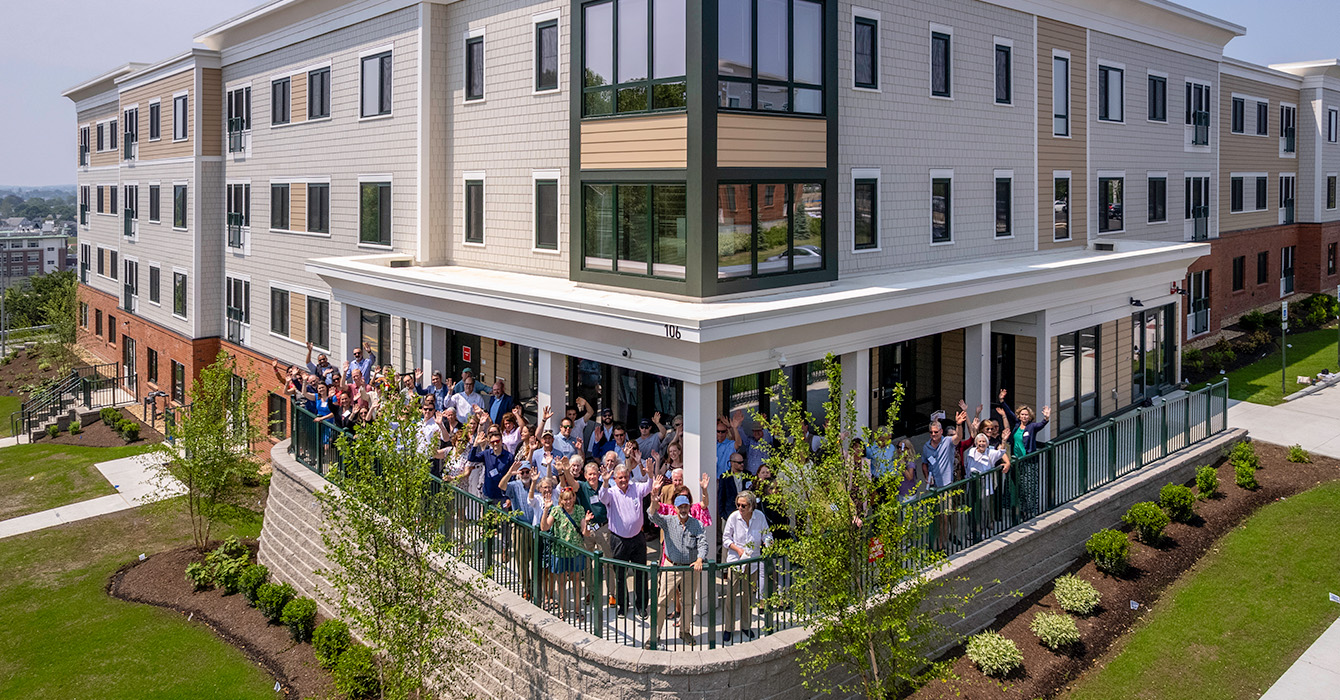Note: Here is a rejoinder from James Howell, who wants to raise critical questions about this campaign.
Nearly two years into the economic downturn, it is still too early to know exactly what will be the result of this financial crisis. As we all wait to hear the newest prognosis of our economy’s health, Christians find ourselves in the same boat as everyone else, waiting for the miracle of Wall Street to get running again so we can go back to consumer life as usual.
One grassroots organization has taken this opportunity to initiate a campaign to discuss the practice of lending in our country by working for legislation to limit interest rates.
North Carolina United Power, a network of congregation-based political organizations affiliated with the Industrial Areas Foundation, joined with other similar networks around the country in a movement working to reestablish limits on the amount of interest banks and other lending institutions can charge their customers. Working from the Hebrew Bible’s vision of the 10% tithe and its condemnation of usury, as well as the overwhelming agreement with this denunciation of usury by the Church Fathers and the greater Christian tradition, this movement is pressing for legislation that would limit the amount lenders could charge at 10%. It is known as the “10% is Enough” campaign (for more detail see here).
What does it mean for these congregations to say “10% is enough”?
In some sense, the campaign is simply the attempt to reintroduce the word “usury” to our vocabularies. Some acts of lending are simply unjust and exploitative, and as Christians we condemn these usurious practices. The church never changed its mind and deemed usurious practices legitimate. Any talk of usury simply disappeared. We became at home in a world where profits are praised and returns glorified as beneficial for all, despite the fact that income disparities are now as great as they’ve ever been. It has become extremely difficult to name any amount of interest usurious. For the church to say “10% is enough” is to claim that usury does in fact exist. We have an obligation to name it.
The many critics of this campaign often fail to realize that the number 10% is an invitation to begin the conversation. To offer a specific rate is to open a real discussion about what rate might be too high. Skeptics often argue the impossibility of such legislation because the Prime Rate may rise above 10%, at which point it would cost lenders to loan. But this has not happened for the past 20 years. The Fed rate has been held well below this level throughout the 1990s to the present (with Prime currently at 0.25% these lending institutions are charging people astronomical rates on money they are borrowing nearly interest-free). Banks argue that they establish individual rates based on a person’s credit score and the estimated risk in lending to them. But as the recent bail-out shows, the banks themselves don’t want to play by the same rules. The “logic” for charging such high rates of interest is really just a ruse for extorting profit. And in a world where the language of usury no longer exists, they’ve not had to face any moral questioning.
The congregations involved in this campaign are interested not just in reviving the economy, but in reviving a more just economy. And that is why we are now saying “10% is enough”.
Dan Rhodes is a pastor at Emmaus Way and a theology doctoral student at Duke Divinity School. He is also a theology editor for “The Other Journal” and the coauthor of “Free for All: Rediscovering the Bible in Community" (Baker).






